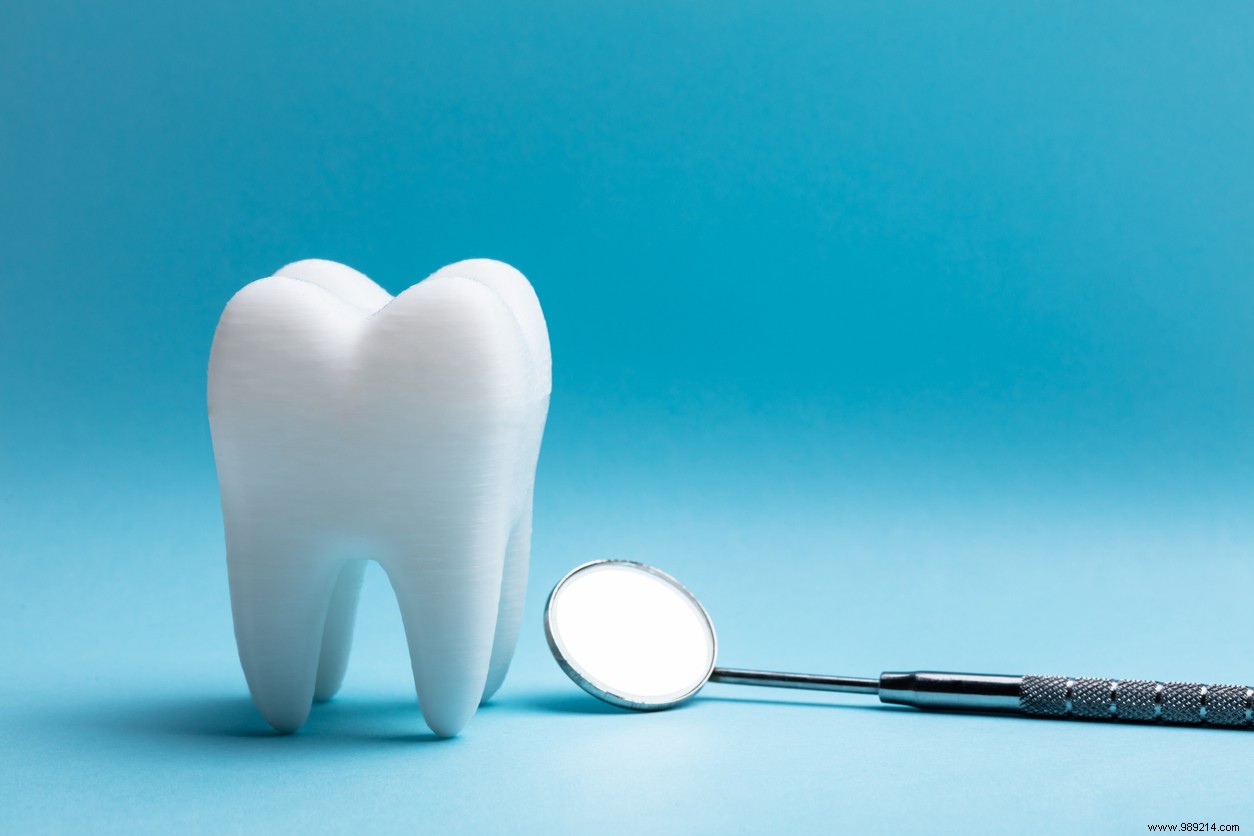In Japan, scientists have recently succeeded in regenerating teeth in mice. To do this, they used a monoclonal antibody. In the more or less near future, it may be possible to regenerate human teeth.
Between 6 and 12 years old, 32 permanent teeth appear in humans. Sometimes it is possible that an extra tooth usually appears near the incisors. On the contrary, it can be missing teeth due to dental agenesis, a condition of congenital origin. Most often it talks about the absence of wisdom teeth, but sometimes about "normal" teeth. In the latter case, it is incumbent to place a dental prosthesis (or an implant), a costly act that health insurance does not always cover.
Researchers from several Japanese universities say they have found a serious lead in a publication of the journal Science Advances of February 12, 2021. The goal? Regenerate one or more missing teeth. This is a still experimental treatment which only mice are subject to. Scientists are working on an antibody that interferes with signaling pathways that block tooth growth.
The study mentions the USAG-1 gene, coding for a protein of the same name involved in the growth of teeth. From the moment this gene is expressed, it stops development and thus prevents the appearance of additional teeth. When this same gene is deficient or the protein is not active, the teeth grow out of control and this results in extra teeth.

Researchers have developed monoclonal antibodies against USAG-1 protein . It would prevent interactions with signaling pathways such as BMP and Wnt. The purpose of this research is to verify whether or not the injection of the antibody stimulates the development of teeth in mice with congenital dental agenesis of genetic origin.
Researchers injected antibodies into pregnant mice in order to analyze the dentition of their young. However, the regrowth of certain teeth was observed, namely a mandibular molar as well as maxillary and mandibular incisors. Antibodies bind to the part of USAG-1 interacting with LRP5/6, study leaders say . It is a co-receptor playing a role in the BMP signaling pathway involved in the control of tooth development.
This success confirms that it is possible to regenerate several teeth in mice, and possibly in humans . However, the study leaders believe that anti-USAG-1 monoclonal antibodies should only be used in congenital tooth agenesis.